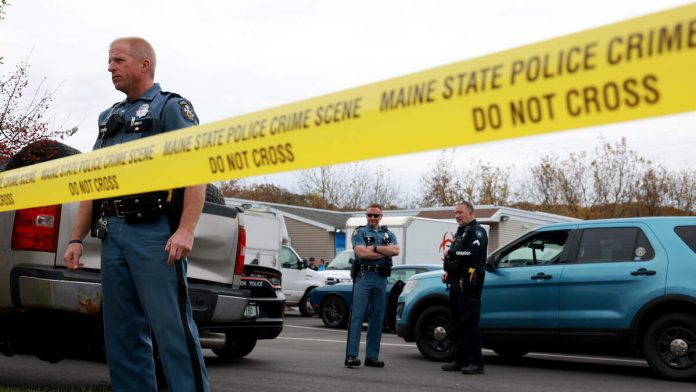An independent commission has released a final report on the deadliest mass shooting in Maine’s history, revealing missed opportunities by the Army Reserve and local police to intervene in the gunman’s psychiatric crisis. The report was released on Tuesday (August 20) and focused on the mass shooting that took place in Lewiston, Maine, on October 25, 2023, where 40-year-old Army Reservist Robert Card killed 18 people and injured 13 others.
The commission, created by Maine’s Democratic Governor Janet Mills, held numerous public meetings, heard from scores of witnesses, and reviewed thousands of pages of evidence. The 215-page report reiterated its earlier conclusion that Maine law enforcement officers had authority under the state’s yellow flag law to seize Robert Card’s guns and put him in protective custody weeks before the shootings.
The report also criticized the Army Reserve for not ensuring adequate healthcare for Card and for not dealing with his weapons. It was revealed that Card was hospitalized by the Army during training in July 2023, but Army Reserve officials acknowledged that no one followed up to make sure Card was taking his medication or complying with his follow-up care when he returned to his home in Bowdoin, Maine.
The commission’s hearings detailed how some family members and other Army reservists believed that Card exhibited paranoid behavior several months prior to the shooting. A fellow reservist sent a text to his commanding officer about Card, saying, “I believe he’s going to snap and do a mass shooting.”
The commission’s report also highlighted the chaos that ensued as hundreds of law enforcement officers arrived to search for the gunman. Despite the swift response by police to the shootings, the report noted what commission chair Daniel Wathen described as “utter chaos.”
In the aftermath of the shooting, Maine passed new gun legislation that created a three-day waiting period for firearms. The commission, chaired by former Maine Supreme Court Chief Justice Daniel Wathen, includes seven members: two former federal prosecutors, two additional former judges, the state’s former chief forensic psychologist, and a private psychiatrist who serves as an executive at a psychiatric hospital.

Recent Comments